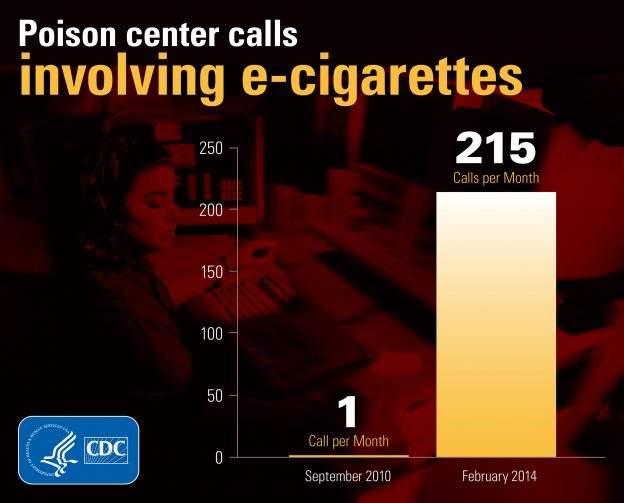Posted By Fuller Harvey On March 6, 2018
The Effects and Hazards of E-cigarettes (Guest Blog by Rebecca Williams, MHS, PhD)

“The Effects and Hazards of E-cigarettes: How and Why Public Health Departments Should Inform Patients Now”
Because there is still the effect of “the jury is out” about the very specific long-term effects of e-cigarettes, it’s important that public health advocates and doctors communicate with their patients about counteracting the marketing that they’ve seen, that this is a “safe product.” To educate them that “we don’t know that this is safe product” – and that there is a mounting body of research evidence that shows that they are not, and that particularly flavored e-cigarettes may be dangerous, and certain flavors may be particularly dangerous. For example, the 2016 Surgeon General’s report on e-cigarettes and youth had an entire 24-page chapter just briefly summarizing the research evidence about the health harms and risks involved with e-cigarettes and their ingredients.
There have been cases of children drinking candy-flavored e-liquids (because they are candy-flavored and they don’t know what they are) and dying. Over the course of two to three years, calls to poison control centers have gone from 1-2 calls per month to 200+ calls per month a few years ago.
I once watched a friend try to refill her e-cigarette: she didn’t have it perfectly upright, and when she opened it, it spilled all over her hand. I urged her to get up and go wash her hands. I told her, “You need to lock that stuff up at home, because you have toddlers. That is dan-ger-ous!”
There is not enough promoted about those kinds of dangers. There are warnings that nicotine is addictive, but they don’t warn about potential poisoning issues and the potential health risks involved with e-cigarette liquids. The FDA is waiting for more research evidence to support more specific warnings.
From what I’ve seen with Electronic Health Records and Federally Qualified Health Centers (and the work that my cancer research network has done), there are still a lot of researchers and public health advocates working to trying to get doctors to consistently ask their patients about (traditional) smoking. It will be even longer before asking about e-cigarette use is standard, as well, partly because we don’t have solid answers for doctors to give their patients. EHR companies can help start these conversations by providing assessment tools and educational resources that medical personnel could use as prompts to ask patients about quitting smoking or asking about e-cigarette usage.
While we are waiting for the FDA to come out with specific guidelines for doctors, doctors should be talking to their patients about e-cigarette use: educating them that it may not be as safe as they expect, that there are health risks involved, and that switching from smoking to e-cigarette usage is not equivalent to quitting smoking altogether.
The safest option is to quit.
_________________

Research Associate, School of Medicine, UNC-Chapel Hill, Cancer Prevention and Control
__________________
This blog is an excerpt from an extensive interview Dr. Williams granted Patagonia Health. Watch for this full expert interview to be published soon!